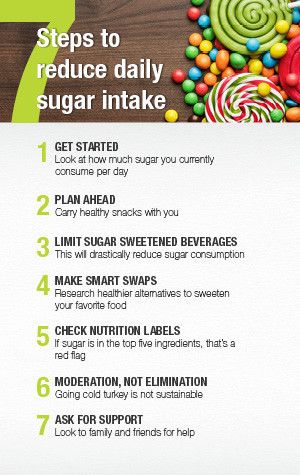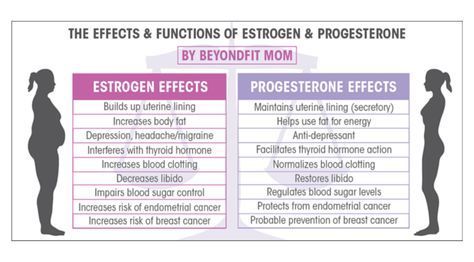Consuming protein” width=”300″ height=”475″>
Sugar is an addictive substance that is known to have detrimental effects on our health and fitness goals. It not only leads to weight gain but also negatively impacts our energy levels and overall well-being. If you are striving to see better fitness results, it is crucial to manage your sugar intake effectively. In this article, we will discuss the importance of reducing sugar consumption and provide some tips on how to make healthier choices.
Understanding the Effects of Sugar on Fitness
Excessive sugar intake can hinder your fitness progress in various ways. Firstly, sugar is high in calories but lacks essential nutrients. Consuming sugary foods and drinks can quickly elevate your calorie intake without providing much nutritional value, leading to weight gain. This extra weight can make it harder to achieve your fitness goals, whether they are related to weight loss or building muscle.
Moreover, sugar causes spikes in blood sugar levels, leading to crashes shortly after. These energy crashes can severely affect your workout performance by causing fatigue, lack of focus, and reduced endurance. It becomes challenging to push yourself during workouts when your energy levels are constantly fluctuating due to sugar consumption.
Another downside of consuming too much sugar is its impact on our mood and mental health. High sugar diets have been linked to increased feelings of anxiety, depression, and mood swings, all of which can hinder your motivation and commitment to your fitness routine.
Tips for Managing Sugar Intake
Reducing sugar intake and making healthier choices can significantly improve your fitness results. Follow these tips to effectively manage your sugar consumption:
1. Read Labels
When grocery shopping, take the time to read food labels carefully. Pay attention to the sugar content in packaged foods, especially those marketed as “healthy” or “low-fat.” These products often compensate for reduced fat by adding extra sugar to enhance flavor. Opt for whole foods instead, such as fruits, vegetables, and lean proteins, which contain natural sugars and come with numerous other health benefits.
2. Cut Back on Sugary Drinks
One of the most significant sources of hidden sugars in our diets comes from sugary beverages, including sodas, fruit juices, and sports drinks. These drinks are often loaded with empty calories and offer no nutritional benefits. Replace them with water, herbal tea, or infused water to stay hydrated without the added sugar.
3. Be Mindful of “Low-Fat” Options
As mentioned earlier, foods marketed as “low-fat” or “fat-free” may contain higher sugar content to compensate for the reduced fat. Be mindful of these products and opt for whole foods or healthier fats like avocados, nuts, and olive oil. These options provide more satiety and nutritional value.
4. Find Alternatives
Instead of indulging in unhealthy sugary snacks and desserts, find alternatives that satisfy your sweet tooth without the negative effects of sugar. Fresh fruits, dark chocolate with a high cocoa content, and homemade treats with natural sweeteners like honey or maple syrup can be great substitutes.
5. Prioritize Protein and Fiber
Consuming protein and fiber-rich foods can help stabilize blood sugar levels and prevent spikes and crashes. Include lean proteins like chicken breast, eggs, and fish in your meals, along with high-fiber options like whole grains, legumes, and vegetables.
6. Plan Your Meals and Snacks
Having a structured meal plan can help prevent impulsive sugar cravings. Prepare and pack your meals and snacks in advance, focusing on nutrient-dense options. This way, you are less likely to reach for sugary snacks when hunger strikes.
7. Moderation is Key
While it is essential to reduce sugar intake, completely cutting it out may not be sustainable or enjoyable in the long run. Allow yourself the occasional indulgence in moderation, as completely depriving yourself of treats can lead to cravings and binges. The key is to practice portion control and make conscious choices.
Conclusion
Managing sugar intake is crucial for achieving better fitness results. By reducing sugar consumption and making healthier choices, you can enhance your overall well-being, energy levels, and workout performance. Remember to read labels, cut back on sugary drinks, be mindful of “low-fat” options, find alternatives, prioritize protein and fiber, plan your meals and snacks, and practice moderation. With these strategies in place, you can successfully manage your sugar intake and pave the way for better fitness outcomes.
Remember, your health and fitness journey is a marathon, not a sprint. Patience, consistency, and making sustainable lifestyle changes will lead to long-lasting results.








